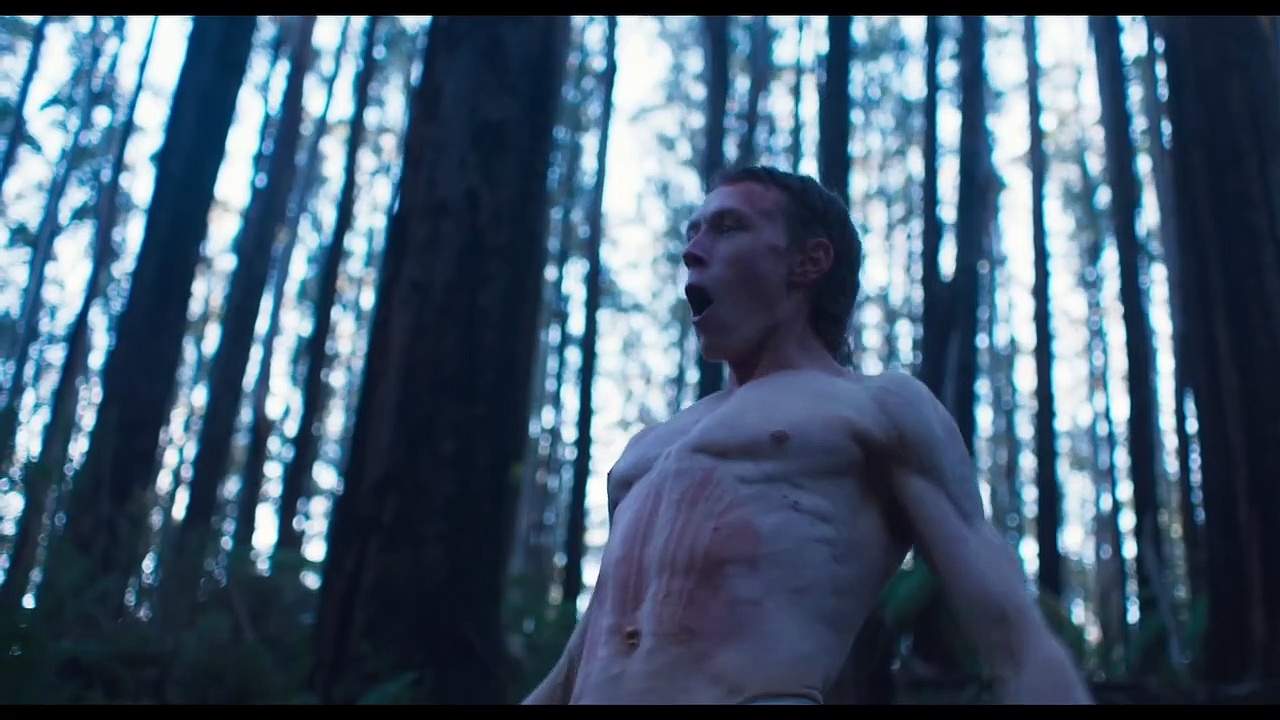
It’s no secret that our experiences as children play a pivotal role in who we eventually become as adults. Growing up in a well-adjusted home with attentive, caring parents can set a child off on a path toward success, particularly if the family is of great socioeconomic status. On the flipside, children raised in challenging environments with the proper love and care can be set on a path of failure before even really receiving a chance at a quality life. Adults experiencing hard times and a life resulting from poor choices often cite the latter circumstances as the reason for their lot, never having had a chance considering where and from whom they came. But the way we interpret our past experiences often clashes with the truth of the matter. It is a natural human instinct to paint ourselves in the most favorable light and for most, when faced with our poor decisions, we often seek to shift blame to other people or causes to explain away what ultimately were choices that we made. So, when a person down and out and from a background that wasn’t the best recalls their childhood experiences and the role they played in who they would become, where best would it be to place the blame; nature or nurture?
True History of the Kelly Gang examines this very question through a fictional retelling of the life story of legendary Australian outlaw Edward “Ned” Kelly (George MacKay). Set amidst 19th century Australia, Ned and his family, mother Ellen (Essie Davis), father Red (Gentle Ben Corbett), and other siblings live in the Australian bush colony under the rule of the English. After the death of his father, Ned’s mother sells him off to the notorious bushranger Harry Power (Russell Crowe) in an attempt to make him a man and some money for herself. Ned eventually grows up to lead an anarchist army the Sons of Sieve to wreak havoc on their British oppressors.
In the very first frame of the film, True History of the Kelly Gang lets the audience know that its protagonist is an unreliable narrator and that the following story is completely untrue. Lest you think the foreknowledge that we’re watching a work of fiction would make the film uncompelling and uninteresting, what happens in actuality is that knowing Ned’s perspective is skewed raises an intriguing question about human nature. As discussed in the introductory paragraph of this review the part that nurture plays in who we become is widely accepted, even if its level of responsibility is up for debate, but just how reliable is our own recounting of our childhood, and, does it matter? If we believe that our early experiences were bad, even if we’ve naturally embellished them slightly, and we’ve internalized these memories as trauma, do they still count as influences on our character beyond our control? Or does the truth of what we’ve experienced count more, no matter what we believe and how we’ve processed it?
There is no question that Ned had a rough upbringing that started his path toward being an outlaw. In the film, who and what Ned became was inevitable in many ways because of what he experienced and saw at the hands of his parents, Harry, and other adults such as Sergeant O’Neil (Charlie Hunnam). Children will always pick up on things and learn, as is their nature. For too many children who later go on to lead dysfunctional and antisocial lives, their greatest teachers become adults who do not have their best interest at heart and instead impart upon them cruelty, pain, and violence. Ned is depicted as having been raised by a narcissistic parent who herself states at one point that she measured her worth as a mother in what Ned was willing to do for her, up to sacrificing his own life. How much was truth and how much was fiction is unknown, but the fact that Ned believes it makes his ultimate fate unsurprising. If Ned felt this crippling need to placate his mother who only cared about her needs above his own, it played an indelible part in who he would become, even if he embellished just how bad her behavior was.
The ensemble cast in the film is fantastic, led by Nicholas Hoult as Constable Fitzpatrick. Hoult is electric as the friend turned foe submitting a transformative performance that culminates in an intense interrogation scene with Thomasin McKenzie who plays Mary, Ned’s girlfriend. Essie Davis also amazes as the problematic mother and source of Ned’s issues. In addition to its story, True History of the Kelly Gang’s inspired cinematography is sure to be what most walk away most enamored by. The lighting in the film is top notch including the use of strobe lighting which would seem an odd choice but really works and adds flair and dynamism to the screen. The camera work in the film is also notable, utilizing multiple perspectives and angles from shaky cam to first person shots. I was particularly taken by a shot near the film’s end, when a white cap was placed over the camera’s lens, taking viewers directly into the perspective of the character in that moment, moving alongside them and seeing what they saw.
True History of the Kelly Gang is an engrossing tale of a mythical figure and what possibly motivated him to become the troublesome outlaw he became. It is a visual marvel filled to the brim with great performances from its ensemble cast. The film’s thematic depth on how our experiences, perceived or real, shape our lives only increases its quality, making it a worthwhile watch.
Image: IFC Films

